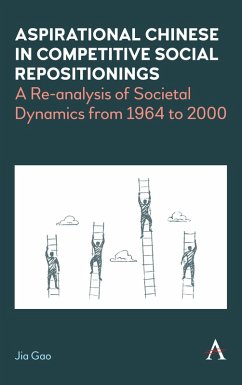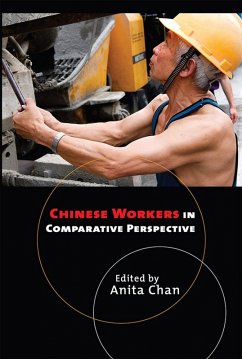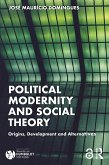In the past four or so decades, a significant amount of research efforts has been made to examine the rapid and constant social changes in China. However, most of the literature has focused on either macro- or micro-level issues, and what has not been adequately analysed is how the majority of ordinary people has reacted to and influenced the changes. This inadequacy has affected our understanding of Chinese society, its dynamics and the changing trends. Drawing upon a new perspective of competitive social repositioning, and the evidence recorded in numerous recent publications and interview data, this book seeks to re-examine the ever-changing, but under-researched, societal dynamics driving social transformations in China from 1964, when the communist heir narrative was rebranded and utilised, to 2000, when Jiang Zemin formulated the Three-Represents theory to modify the ideological political thinking of China's ruling elites. This analysis focuses on how a high proportion of aspirational citizens have kept repositioning themselves in China's changing distributions of social resources and social structure, how their attitudes and behaviours have been shaped over time, what characteristics of their choices are at different stages, and how their preferences have resulted in the zig-zag patterns of China's recent social change.
Dieser Download kann aus rechtlichen Gründen nur mit Rechnungsadresse in A, D ausgeliefert werden.









